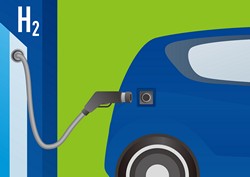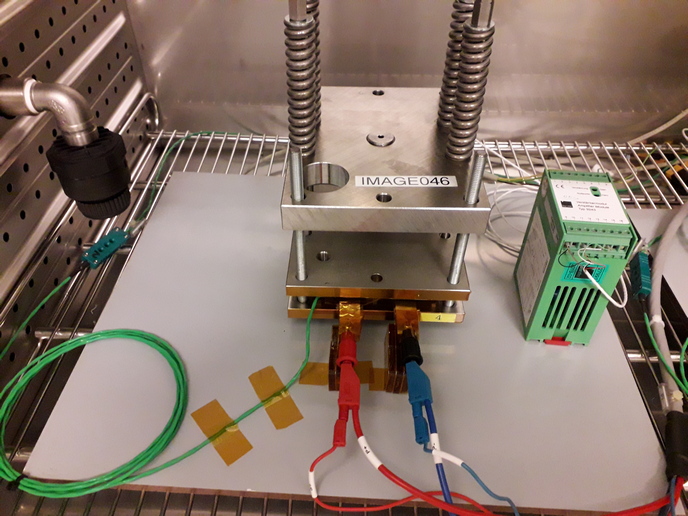Fuelling the growth of hydrogen powered vehicles
One of the greatest obstacles to the wide-spread introduction of fuel-cell electric vehicles is the lack of affordable and effective infrastructure for supplying hydrogen. This challenge was addressed by the EU-funded PHAEDRUS(opens in new window) (High pressure hydrogen all electrochemical decentralized refuelling station) project, which developed and investigated the feasibility of a scalable hydrogen refuelling station (HRS). Project partners included academia and participants in the supply chain, who developed and validated a new concept for 70 megapascal (MPa) hydrogen storage technologies. This was demonstrated through the application of electrochemical hydrogen compression technology in combination with a polymer electrolyte membrane (PEM) electrolyser, storage units and dispensing system. The use of electrochemical hydrogen compression technology represents a major improvement in both the efficiency and cost of an integrated HRS. Its applicability was tested in a system producing 5 kg of hydrogen a day, while researchers designed a system capable of producing 200 kg of hydrogen per day. The safety aspects, efficiency and economic viability of the systems components were carefully analysed and validated. PHAEDRUS directly addressed current HRS issues and showed where new technology can make a clear difference. It successfully demonstrated that the crucial factors for the successful operation of HRSs are reduced capital and operational costs, reliability, instant availability of hydrogen and safety. Estimates for the total market potential for the year 2020 range from 2 500 to 3 000 HRS stations with a 200 kg/day equivalent capacity, which can serve a million fuel cell electric vehicles. PHAEDRUS therefore represents an important step towards achieving a more sustainable, low carbon society.







